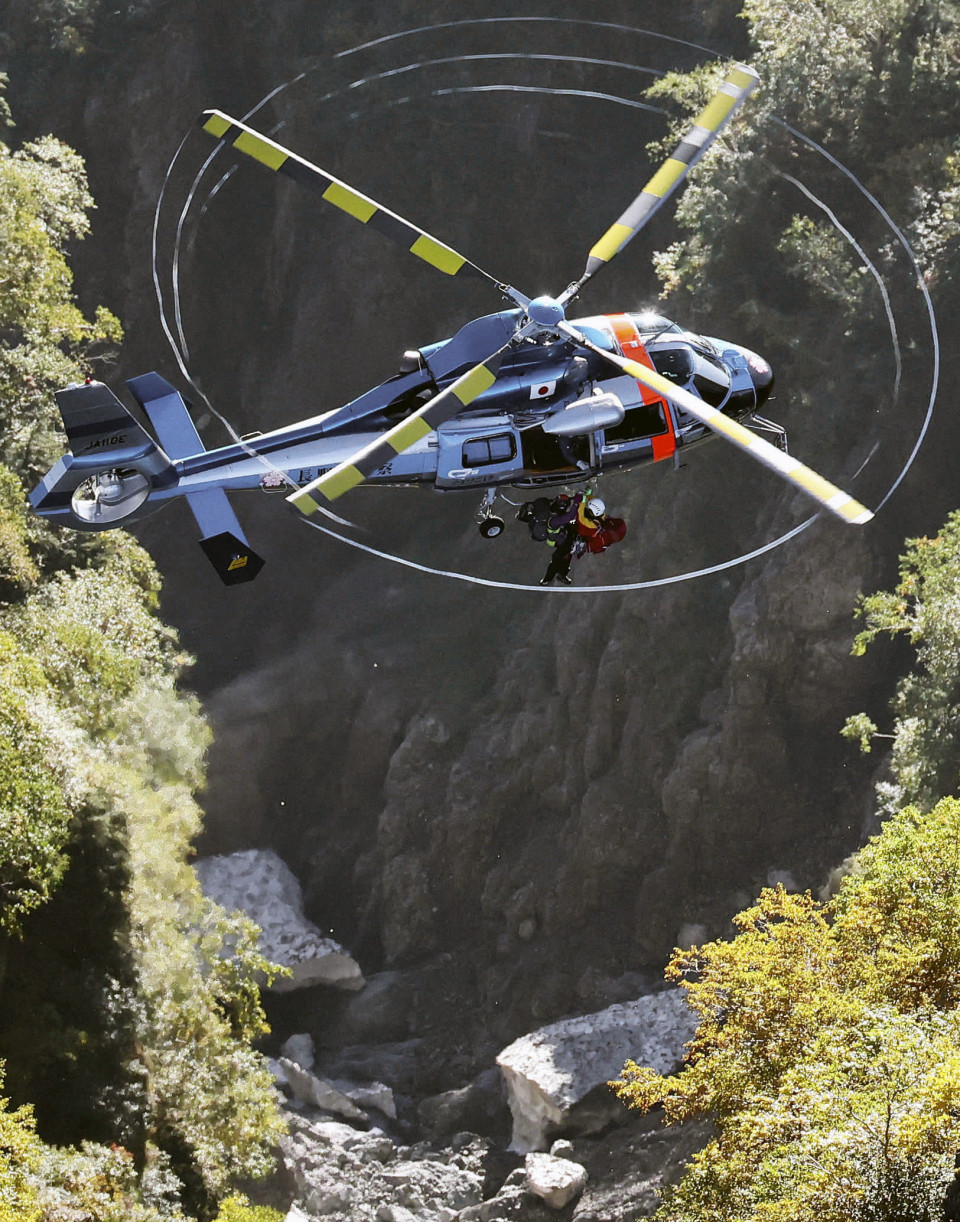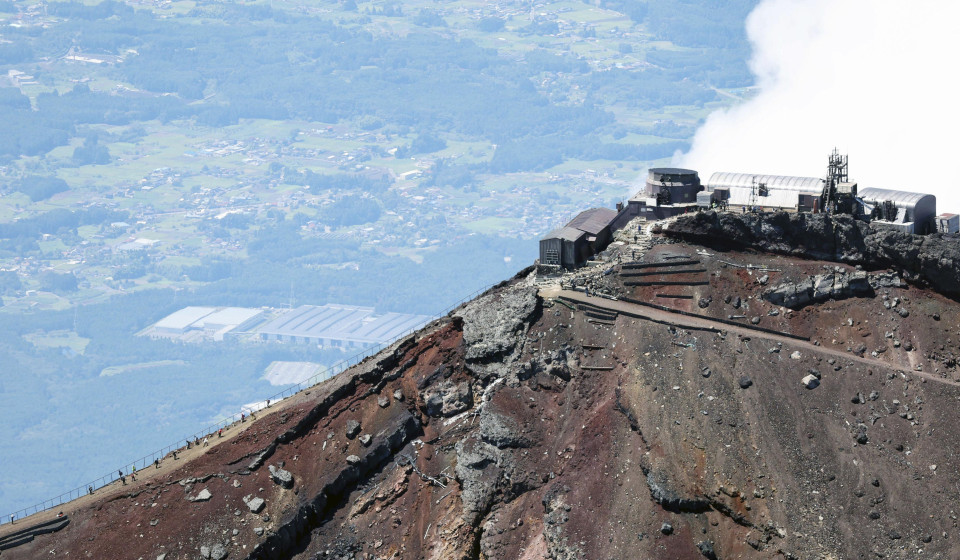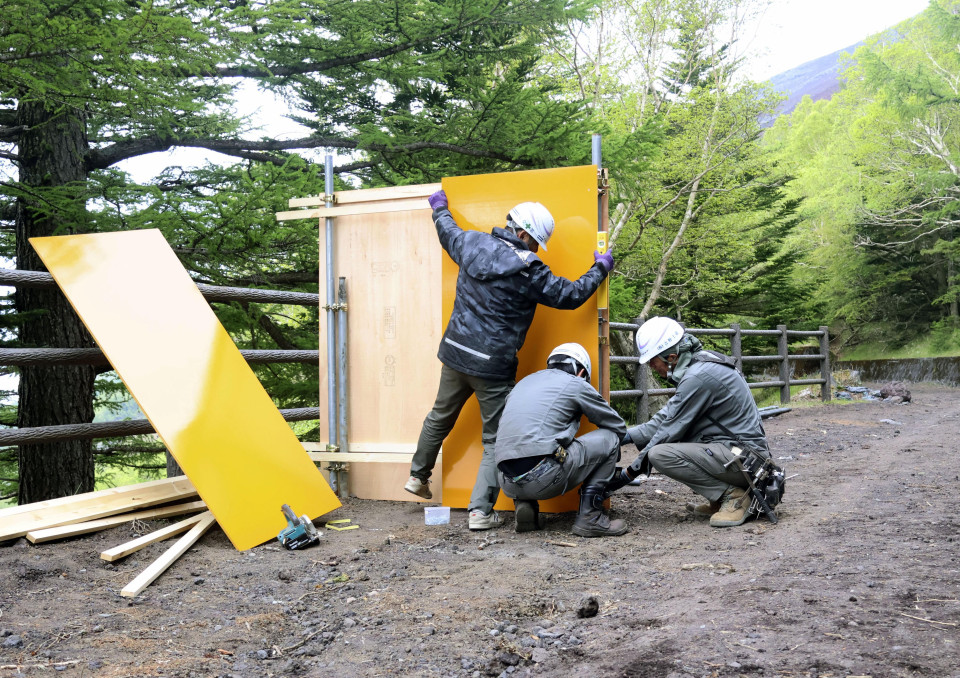The number of people who required assistance on Japanese mountains hit a record high of 3,568 in 2023, police data showed Thursday, breaking the previous record set a year earlier as climbers returned to Mt. Fuji and other popular peaks after the easing of COVID-19 restrictions.

The total was up 62 from the previous year, rising to the highest figure since comparable data became available in 1961. Of them, 335 died or remain missing and 1,400 were injured, according to the National Police Agency data.
"We urge people to make sure they are well-equipped with items, such as hiking boots and mobile phones, and to submit a climbing registration form, which is crucial for search and rescue operations," said an NPA official.
The data showed a notable rise in incidents in popular hiking areas and locations that are easily accessible from metropolitan areas.
The number of people getting stranded on Mt. Fuji was up 90 percent from the average of the past five years, and those on Mt. Takao, a popular walking destination on the outskirts of Tokyo, climbed 68 percent from the same period.

On Thursday, Yamanashi Prefecture began constructing a gate at the 5th station of the Yoshida Trail, seeking to reduce congestion and deter "bullet climbing," or the attempt to reach the summit overnight and return without sleeping in a hut mid-climb.
The gate, set to be completed by Monday ahead of the mountain climbing season from July 1, restricts entry of those without mountain hut reservations from 4 p.m. to 3 a.m. and limits daily climbers to 4,000.
The latest data showed cases involving foreign visitors also increased, with a total of 145 people needing help, the highest number since records on foreign tourist incidents began being tracked in 2018.

Related coverage:
Online reservations begin for Mt. Fuji climbers to ease congestion










